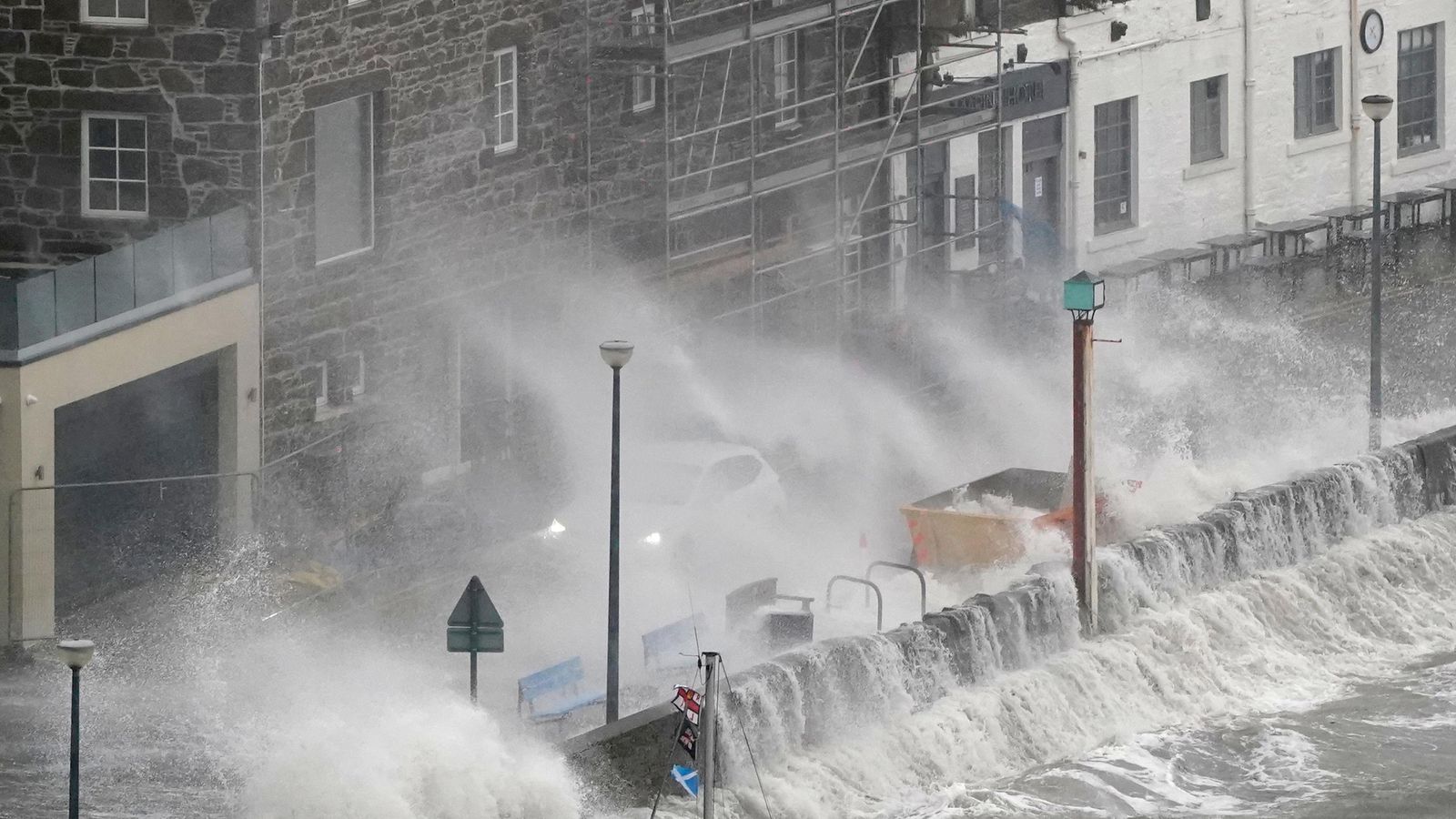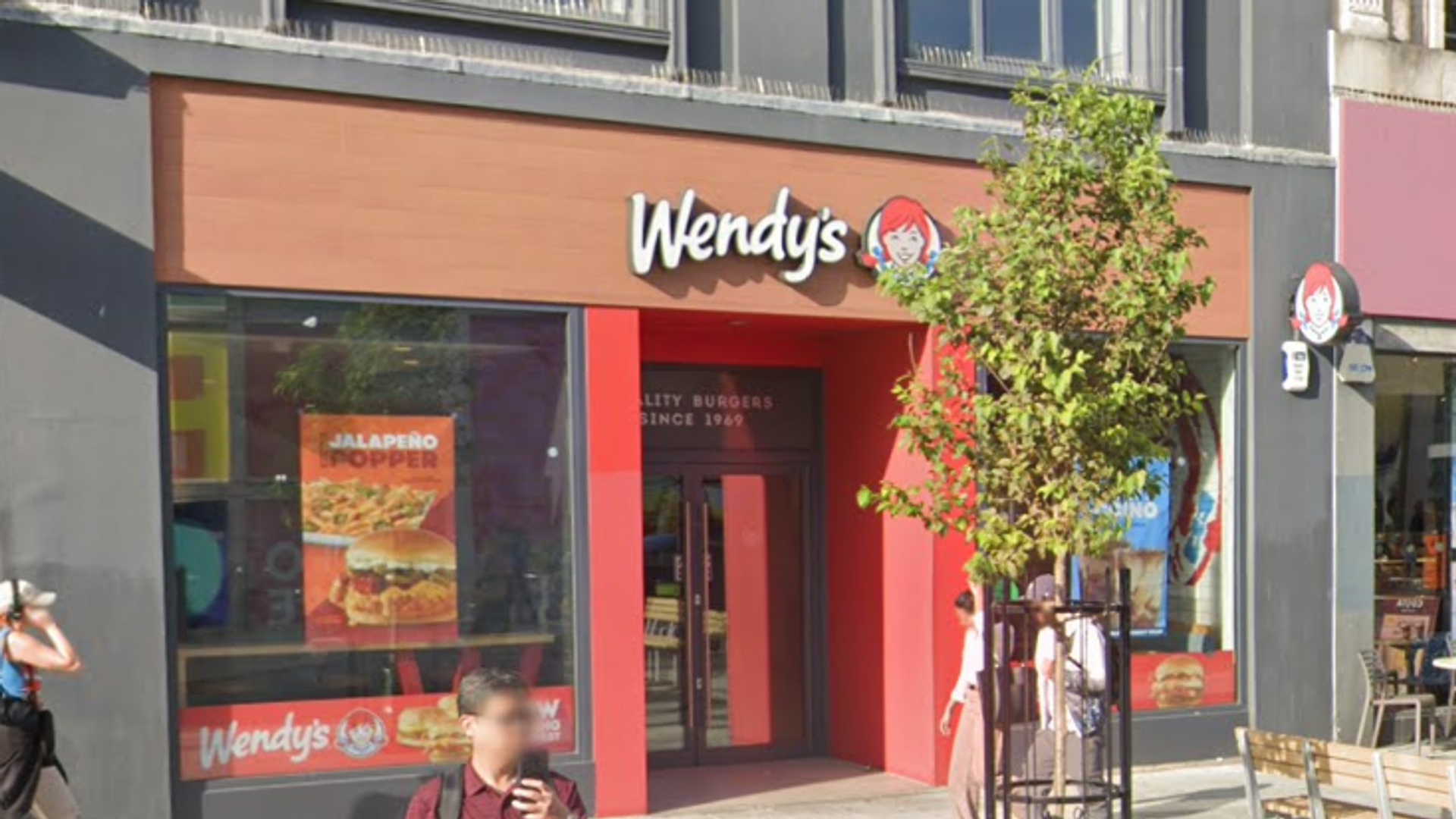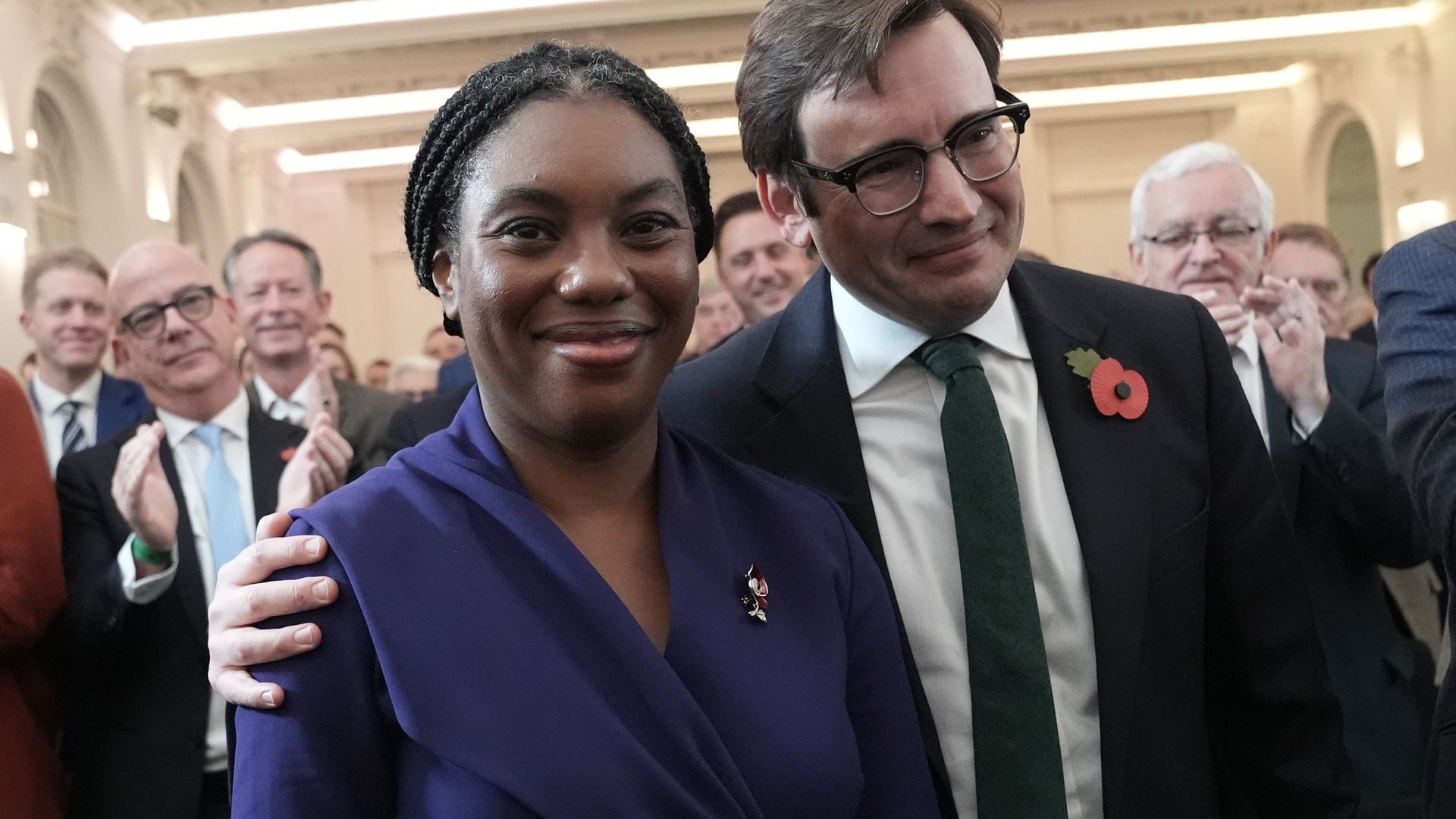Minimum service levels are set to be introduced in schools and colleges to minimise disruption for pupils during strike action – but it will be based on voluntary agreement with trade unions.
The government has announced the measures following a series of strikes by teachers and school leaders this year that forced some schools to close.
However, the proposals will only be put into action if unions agree.
If a voluntary agreement cannot be reached, the government says it will use powers introduced under Liz Truss to bring about a consultation before any minimum service levels are implemented.
The laws will require a proportion of union members to continue working to retain a “minimum level” of service and strikes could be deemed illegal if unions refuse to provide this.
Education Secretary Gillian Keegan has written to union leaders inviting them to discuss the plans on a voluntary basis.
“Last year’s school strikes were some of the most disruptive on record for children, and their parents,” she said.
“We cannot afford a repeat of that disruption – particularly as schools and teachers continue to work so hard to help children recover from the pandemic.
“I am asking the teaching unions to engage with us and agree to put children and young people’s education first – and above and beyond any dispute.”
The plans to introduce minimum service levels in schools and colleges follows a similar announcement for universities, where students have also been affected by the ongoing dispute over pay and working conditions.
Earlier this year the government announced it was bringing forward new strike laws to “maintain a basic function and deliver minimum safety levels” in the public sector during industrial action.
The government said it would “always protect the ability to strike”, but added: “It must be balanced with the public’s right to life and livelihoods.”
It follows a series of strikes across the public sector, including in schools, the NHS and on the railways.
The government settled its dispute with teachers in July after every major teaching union accepted an offer of a 6.5% pay rise to end the strikes.
A long-running nurses strike in England also ended in June after the profession’s largest union failed to secure enough votes to carry out further action.
Read more:
‘I’ve lost control of my birth’: Caesarean sections delayed due to NHS strike
Nicola Sturgeon shows support for striking Unison school staff on picket line
Unison, GMB, the Chartered Society of Physiotherapists and the Royal College of Midwives were among the unions who supported the 5% pay offer, plus a cash top up.
However, the government is still battling with industrial action by the RMT rail union and train drivers’ union Aslef.
Talks are being held between senior doctors represented by the British Medical Association aimed at resolving strike action – although pay is not on the table – but the government is not holding discussions with junior doctors represented by the same union.
Minimum service levels are one of the few surviving emblems of the Truss era and have been opposed by trade unions and the Labour Party, which sees them as an attack on the right to strike.
Ms Truss published the plans last October, shortly before she resigned following the backlash to her mini-budget.












